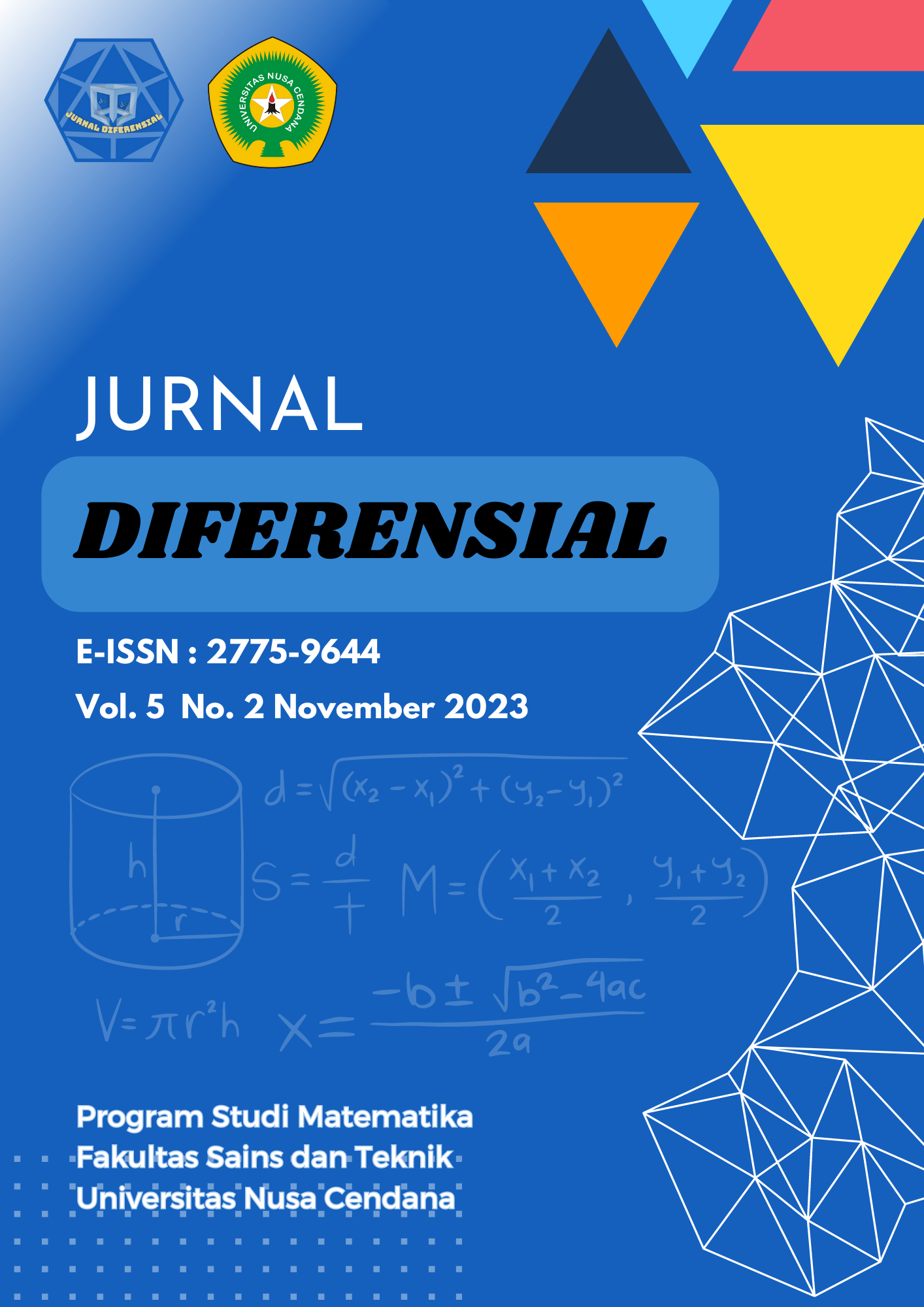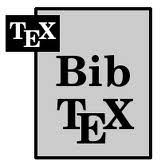GEOGRAPHICALLY WEIGHTED PANEL REGRESSION (GWPR) MODEL FOR POVERTY DATA IN WEST JAVA PROVINCE 2019-2021
Abstract
The problem of poverty in West Java shows a pattern that tends to be concentrated in adjacent areas, indicating spatial heterogeneity in the problem. On the other hand, poverty in West Java also shows an increasing trend from year to year so that dynamic changes occur in various regions. From this situation, it is necessary to know the factors that affect poverty spatially using panel data. One way is to model the poverty problem with the Geographically Weighted Panel Regression (GWPR) model. The GWPR model is the development of a regression model that combines Geographically Weighted Regression (GWR) with panel data regression assuming a Fixed Effect Model (FEM). The data used in this study are secondary data in the 2019-2021 range from the Central Bureau of Statistics and Open Data Jabar which consists of the dependent variable (Y), namely the percentage of poor people and the independent variable (X), namely the factors that influence the percentage of poverty. The purpose of this study is to produce a GWPR model using the Weighted Least Square (WLS) method with the Tricube adaptive kernel weighting function. By conducting overall and partial testing through the F test and t test, the results show that the model for each location and the factors that influence the percentage of poor people in West Java are different for each location due to spatial variations in the relationship between the independent variable and the dependent variable.
Downloads
Copyright (c) 2023 Ramadhoni Nasri, Nurul Gusriani, Nursanti Anggriani

This work is licensed under a Creative Commons Attribution-ShareAlike 4.0 International License.
 This work is licensed under a Creative Commons Attribution-ShareAlike 4.0 International License.
This work is licensed under a Creative Commons Attribution-ShareAlike 4.0 International License.
Copyright is retained by the authors, and articles can be freely used and distributed by others.

 Ramadhoni Nasri(1*)
Ramadhoni Nasri(1*)

.png)











